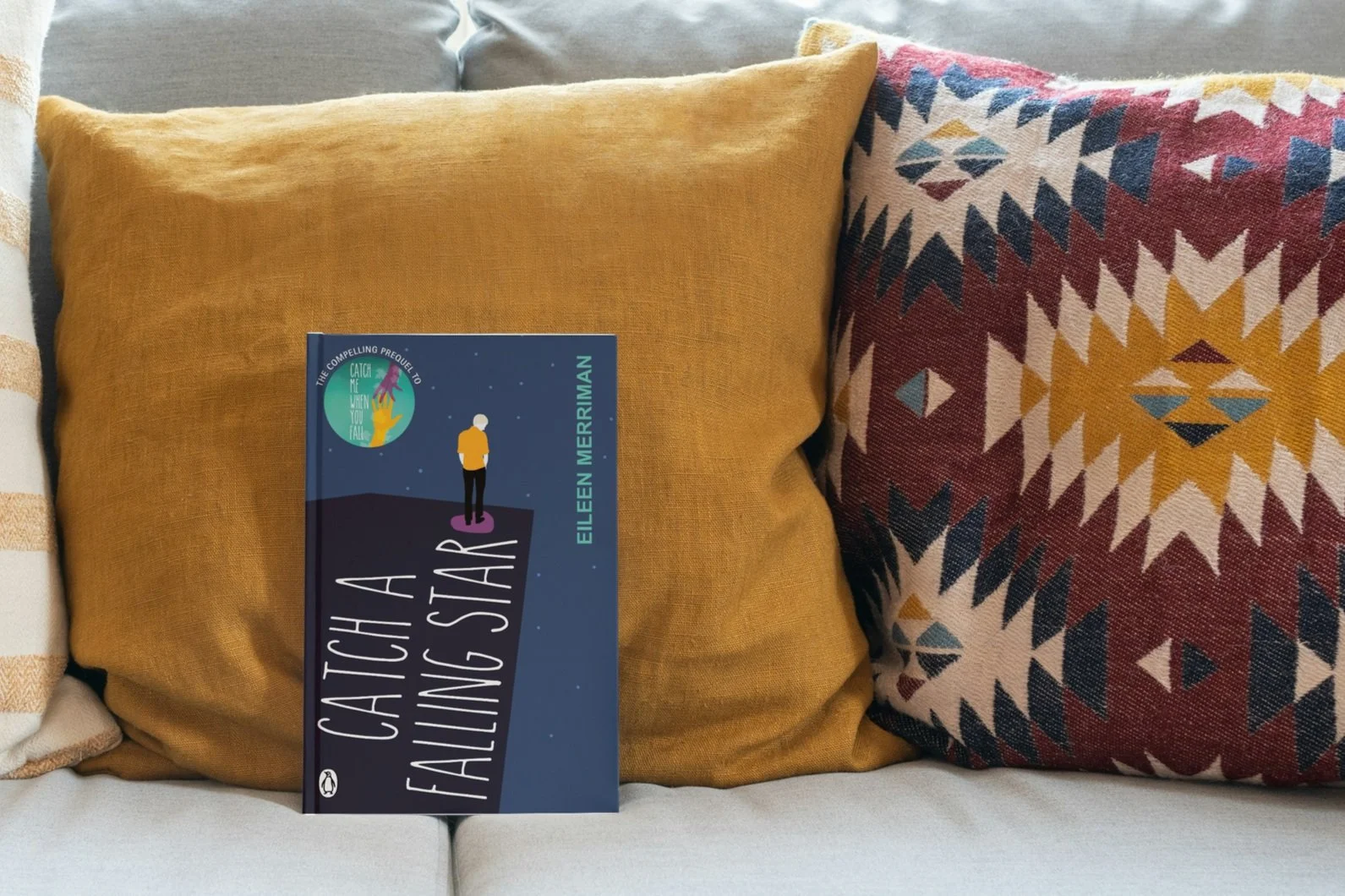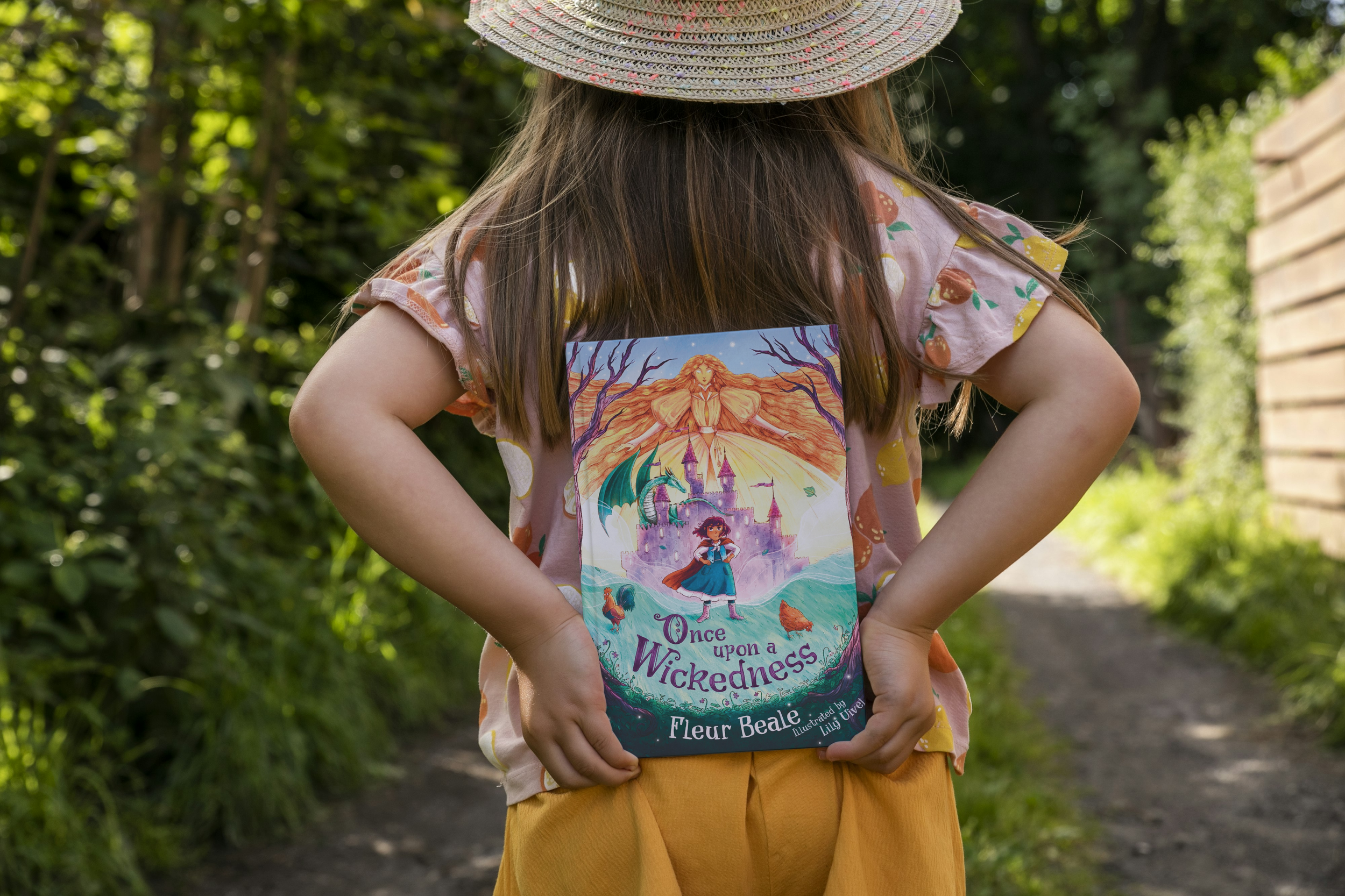
The Huddle lives at School Kit

What is the Huddle?
-
Many of you will be like me. You will have strong recollections of reading NZ stories in a NZ school. Depending on your age, the gender, ethnic background and nature of the story itself hopefully got more diverse as we moved towards 2024. Our students need to hear a diverse range of books from a diverse range of authors.
That means this space will offer books for road testing from a wide range of authors. It will encourage you to participate in your local readers and writers festival (not just as a teacher but as an audience member), we'll connect you with ways to have the Writers in Schools authors visit your classroom. We want the names of NZ authors old and new to be rolling off your tongue and the tongues of your students.
-
We want to take books and road test them. We want to do this with a bunch of clever ideas and enthusiastic teachers (our road testers). We want to work collaboratively with each other and share ideas about how we could teach things well. Our Teacher Champions will contribute methods that we use when we are inventing a School Kit. Our road testers will share their progress in this space as the journey unfolds. Be generous to them and please appreciate that it isn't easy to be sharing your successes and failures with your teaching colleagues.
There is no shame in sharing ideas for how to do something well especially when it works. It is what School Kit is built on. So that is what we will be doing here. At the end of each road test, we'll bundle up all the tips and tricks our road testers have used with their book and we'll re-package them for you as a unit of work you can download from here for free.
We want you to be able to teach books by NZ authors brilliantly. We want to focus on the skills of how to unpack a book with our students in new ways we haven’t thought about before. We want to share how we do this with others in the Squad.
-
Reading can't just be about NZ authors, there is too much good writing in the world for that. Don't freak out but we're also going to try recommending a few of the classics that maybe you should consider tucking under your belt (not just because you are a teacher but because you are a human being). There are some VERY good TedEd videos on a bunch of books that changed the world. We're going to share those along with a link to where you can find the book for sale online.
We want to make this space a place where you can return for recommendations of podcasts, bookish instagram accounts, reviews of good books, independent book shops, reminders of when your local writers festival is on, who to see and where to get tickets.
It’s important that you read for pleasure too (it can't all be about your students). Penguin has all the inside scoop on the best holiday reads. Keep an eye out for reading recommendations of books that are just for you, we’ll also have some free copies for active Squad Members to help your holiday reading addiction.
-
At the end of the day there is also a hard truth here. We're the people in charge of helping our students hear those stories for the first time, we're in charge of tapping them on the shoulder and saying 'you should read this', we're in charge of creating their first reading memories. We're in charge of whether they become readers or not.
And forty years from now ?
We want our students to be able to say to their colleague, to give to their own child, to share with the audience at the conference where they are delivering the keynote address, to recall in their autobiography of a life well lived, to give as an answer in the documentary of their celebrity life, to offer as a rock solid recommendation to their 3 million Tiktok followers, to read to their grandchild as they go to bed or perhaps to share with their own class of students
"this is the book I remember my teacher, [ insert your name here ] giving me and it changed the way I thought about the world forever]"
And so that reading thing. That's on us. And we really need to own that.
Each term we’ll follow the journey of eight classroom teachers as they road test one of four books in their classroom. You’ll see updates, progress, successes and failures as they unpack the book with their students. When they're done, we'll wrap it up into a single unit and share it with everyone in The Huddle.

“In the case of good books, the point is not to see how many of them you can get through, but rather how many can get through to you.”
— Mortimer J. Adler

And the why.
Last year the School Kit Team got worried.
We first noticed it when we were supporting teachers with our Histories kit. That kit has a lot of work from iconic New Zealand authors like Hone Tuwhare, Janet Frame and Witi Ihimaera - poems, pieces of short stories that you could study alongside the Histories work. A lot of the teachers we talked to just didn't have these names in their teaching general knowledge grab bag. We started to talk about the fact that post Covid lots and lots of us had stopped unpacking books with our students. We might still be reading our students a book for pleasure but the real creative unpacking of books seemed to have fallen away into the background.
We went and had long conversations with teachers we respected, teachers that were humble and self aware enough to be honest about both their own general knowledge and what they were observing amongst their colleagues. We asked them if they were seeing the same thing as us? Are we comfortable unpacking how a story is made, what a story is saying and how a story moves us with our students? Or had we lost a bit of that skill set from our teaching repertoire?
We saw three things
Teachers are uncertain about how to transition to using the sequence statements in the new English curriculum. This is causing a heap of confusion and so lots of us have put things like which authors and which books we study on pause until there is clarity.
Where people were studying novels they often got units of work (a book study or novel study) from another teacher that they trusted. When we took a look at those 'units' they were often super heavy on the comprehension questions and super light on responding to the text in creative way (you all know that at School Kit we don't believe 'Design a Poster' is creative). We feel like collectively, if we work together and support each other, we can do that better.
As teachers we need to be readers. As teachers we need to increase the grab bag of stories and novels and authors in our heads. We need to remember that books are magic. 'They explain us to ourselves and to others, and make us feel less strange, less isolated and less alone' (Alain de Botton).

Featured Books


“If you’re a reader for life then you’re a learner for life. And if you’re a learner for life then you are the definition of what I call a dangerous individual, which is somebody who doesn’t have to take anyone else’s word for it.”
— Levar Burton

FIND APPLY PRODUCE
Here at School Kit, we believe reading is one of the greatest superpowers — a way to unlock new worlds, ideas, and possibilities. That’s why we love teaching close reading - it’s like giving your students special glasses to spot all the hidden treasures between the lines. Once they get the hang of it, books aren’t just books anymore; they’re adventures waiting to be lived, puzzles begging to be solved, and little sparks of magic that can stay with us long after we’ve turned the last page.
This is about gathering information, gaining knowledge and developing an understanding of the literary elements in the text - setting, characters, plot and theme. We have curated a range of creative ways to research, record, compare and express information that will get your students hooked!
This phase is about investigating a theme or concept uncovered in the text further - using their new found knowledge and understanding, and illustrating it with an inventive approach. The Apply cards, foster critical thinking and analysis in new and exciting ways.
The Produce section empowers students to create a project that demonstrates the understanding they've built in the Find and Apply sections. And true to School Kit thinking - you won't find any poster activities here. Our Produce cards nurture synthesis and evaluative thinking.

Keen to be a Huddle Road Tester?
Road Testers receive a free copy of the book, a $50 Prezzy Card, a hard copy of the Find Apply, Produce: Close Reading idea cards and a digital micro-credential recognising their contribution as an official Penguin Huddle Road Tester.
Make sure you are a member of the School Kit Squad. If you’re already a Squad member you can apply to be a Road Tester in The Huddle Space.
Please be aware that by applying to be a Huddle Road Tester, you are agreeing to...
Teach the book to a group of students over a 8-10 week period
Share at least four articles in the Huddle space about the learning opportunities for students, recommendations and a final review.
Make time to meet and chat with a Teacher Champion to plan and discuss progress

What’s in a name?
A collective noun is a noun for groups of people and things. Some of the best collective nouns include an ostentation of peacocks, a parliament of owls and a bloat of hippopatamuses. Given certain conditions Penguins, Friends, Elves and Coaches all share the same collective noun.
A huddle of penguins is so named when gathered for warmth and safeguarding; A group of friends are called a huddle when they seek encouragement and support; A huddle of elves have joined forces for various adventures and a huddle of coaches exchange strategies and collective wisdom.





























